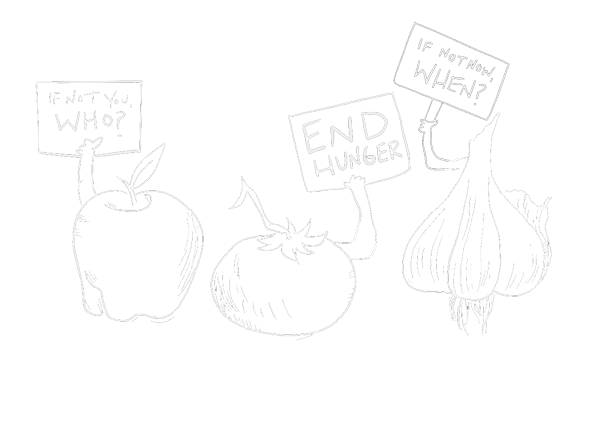Celebrating Our Recycler of the Year Award on World Environment Day
Today, June 5th, is World Environment Day. Created in 1974 by the United Nations, the day seeks to raise public awareness of environmental issues.
In celebration of World Environment Day, we are honored to share that Feeding San Diego was selected by the City of San Diego’s Environmental Services Department as a Recycler of the Year in the 2019 Business Waste Reduction and Recycling Awards Program, for “outstanding recycling and waste reduction efforts”.
Feeding San Diego was presented this award at the City of San Diego’s 27th Annual Business Waste Reduction and Recycling Awards. Nine other local businesses and organizations, including “I Love a Clean San Diego,” were also recognized for their efforts to reduce waste and expand recycling programs.
“We are encouraged by the ways our local businesses and organizations are recycling and helping the city reach its Climate Action Plan and Zero Waste goals,” said Environmental Services Department Director Mario X. Sierra. “They dedicate many hours to be more efficient with different waste streams and energy resources and we commend them for their efforts.”
“From rescuing food and providing it to those in need to making a positive impact on the environment by properly disposing of materials, reducing waste is a core component of Feeding San Diego,” said Derek Pasisz, Director of Operations at Feeding San Diego. “It’s an honor to be recognized alongside businesses who are focused on such an important cause.”
Feeding San Diego works with more than 250 partner organizations to divert food waste and, in turn, provide good food to those in need. Overall, 97% of all the food we distribute to our clients is rescued.
In 2018, Feeding San Diego diverted 13,500 tons of food and recycled approximately 18,000 lbs of cardboard and other recyclables. We also use an organic waste container to divert food waste and turn it into compost, or provide it to a local farm as animal feed.
“The celebration of [World Environment] day provides us with an opportunity to broaden the basis for an enlightened opinion and responsible conduct by individuals, enterprises and communities in preserving and enhancing the environment,” says the United Nation’s website.
Global warming is one of the most critical environmental issues facing us today. According to a dire United Nations report issued in October 2018, we only have until 2030 to stem catastrophic climate change, unless we enact “unprecedented changes in all aspects of society.” The date is based on current levels of greenhouse gas emissions.
Food waste is responsible for roughly eight percent of global emissions. Experts say that close to 40% of all food produced is wasted. Producing uneaten food squanders multiple resources – seeds, water, energy, land, fertilizer, hours of labor, financial capital – and generates greenhouse gases at every stage, including methane when organic matter lands in landfills.
According to the Air Pollution Control District of the City of San Diego, the landfilling of organic materials leads to the breakdown of these materials into landfill gas. Landfill gas is approximately forty to sixty percent methane, with the remainder being mostly carbon dioxide. Trace amounts of other volatile organic compounds comprise the remainder (<1%). These gases are released from the landfill. Methane is a potent greenhouse gas, which is 28-36 times more potent than CO2 as a global warming gas.
The California Global Warming Solutions Act of 2006, Assembly Bill 32, requires in law a sharp reduction of greenhouse gas emissions to 1990 levels by 2020, and includes specific provisions for landfills.
Food waste is identified by Project Drawdown as the third most effective solution to reducing global warming. Further, they estimate that if 50 percent of food waste is reduced by 2050, avoided global emissions could be equal to 26.2 gigatons of carbon dioxide. Reducing waste would also avoid deforestation for additional farmland, preventing 44.4 gigatons of additional emissions. Beyond addressing emissions, these efforts can also help to meet future food demand.
Source: Project Drawdown
Feeding San Diego is on a mission to end hunger while reducing food waste. While we are a hunger-relief organization, we take the issues facing the climate seriously and are proud to play a part in helping to protect the planet also.









